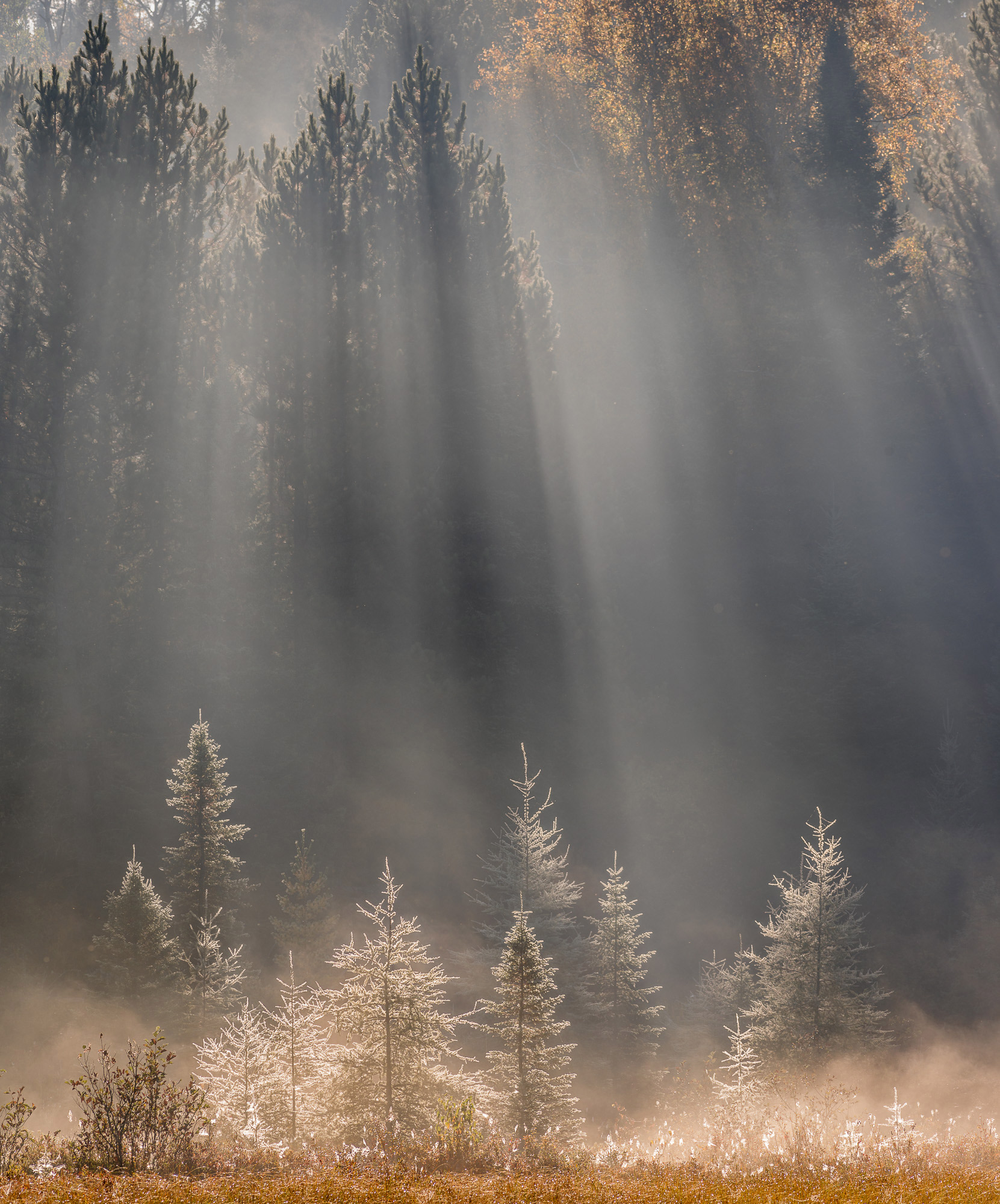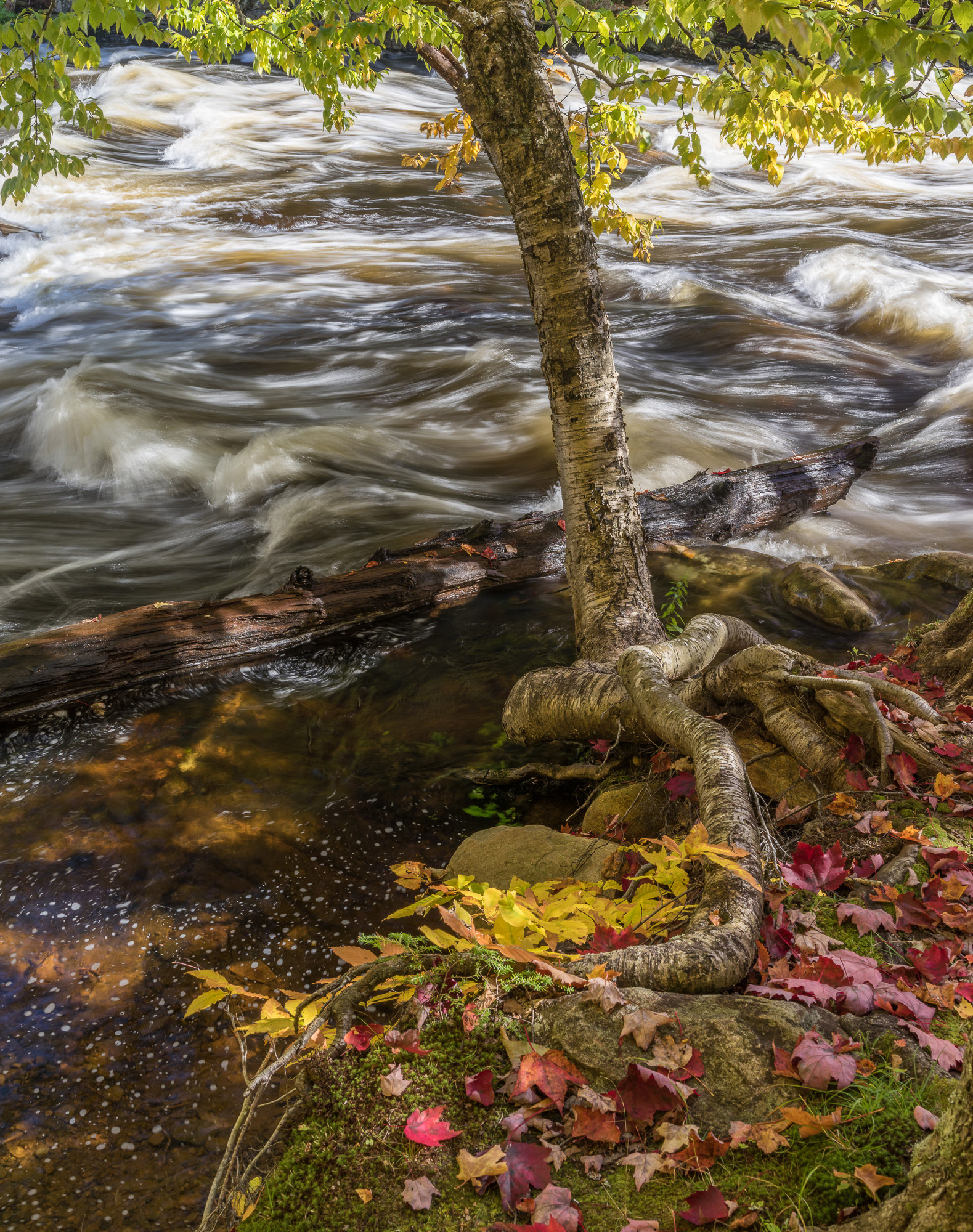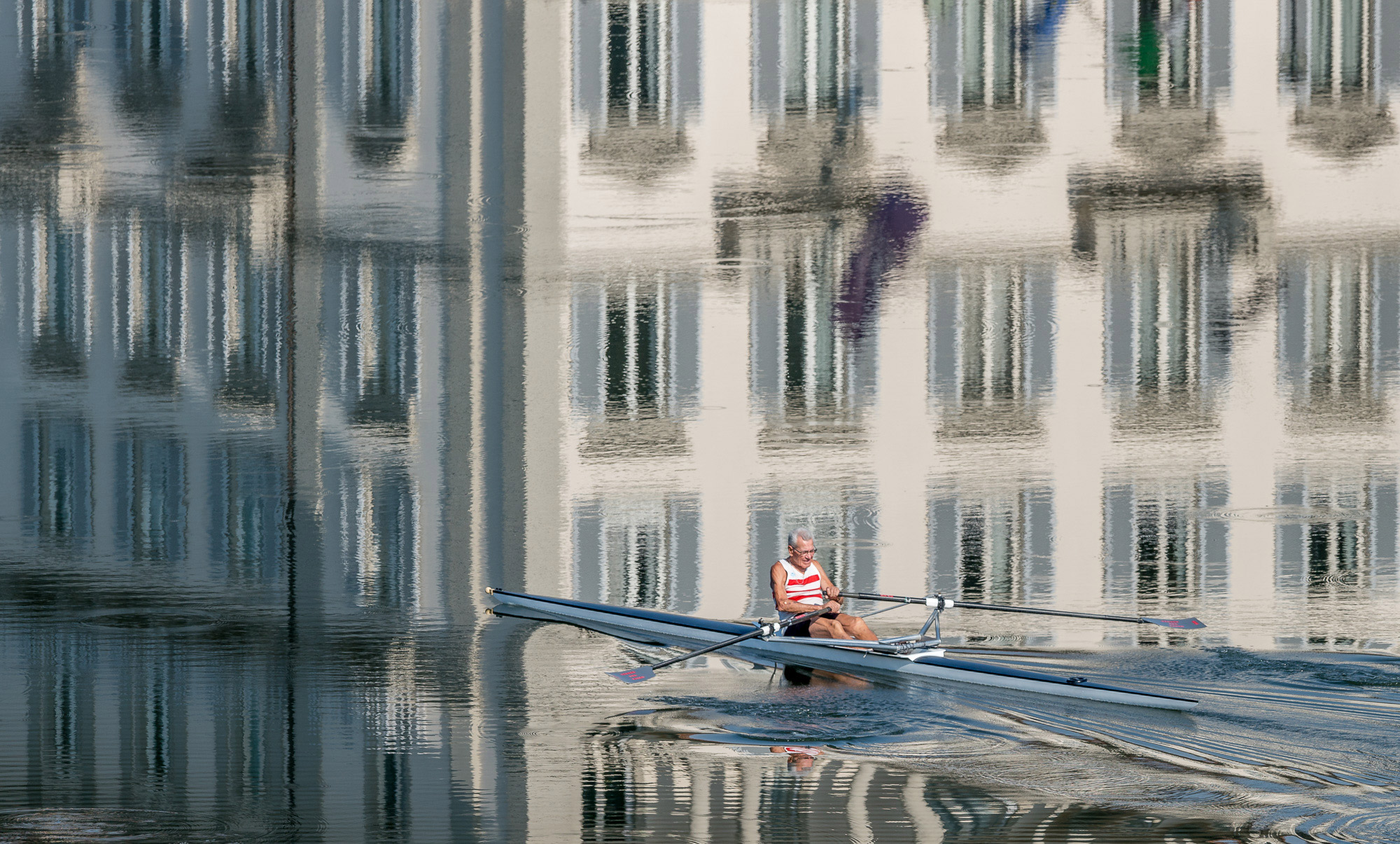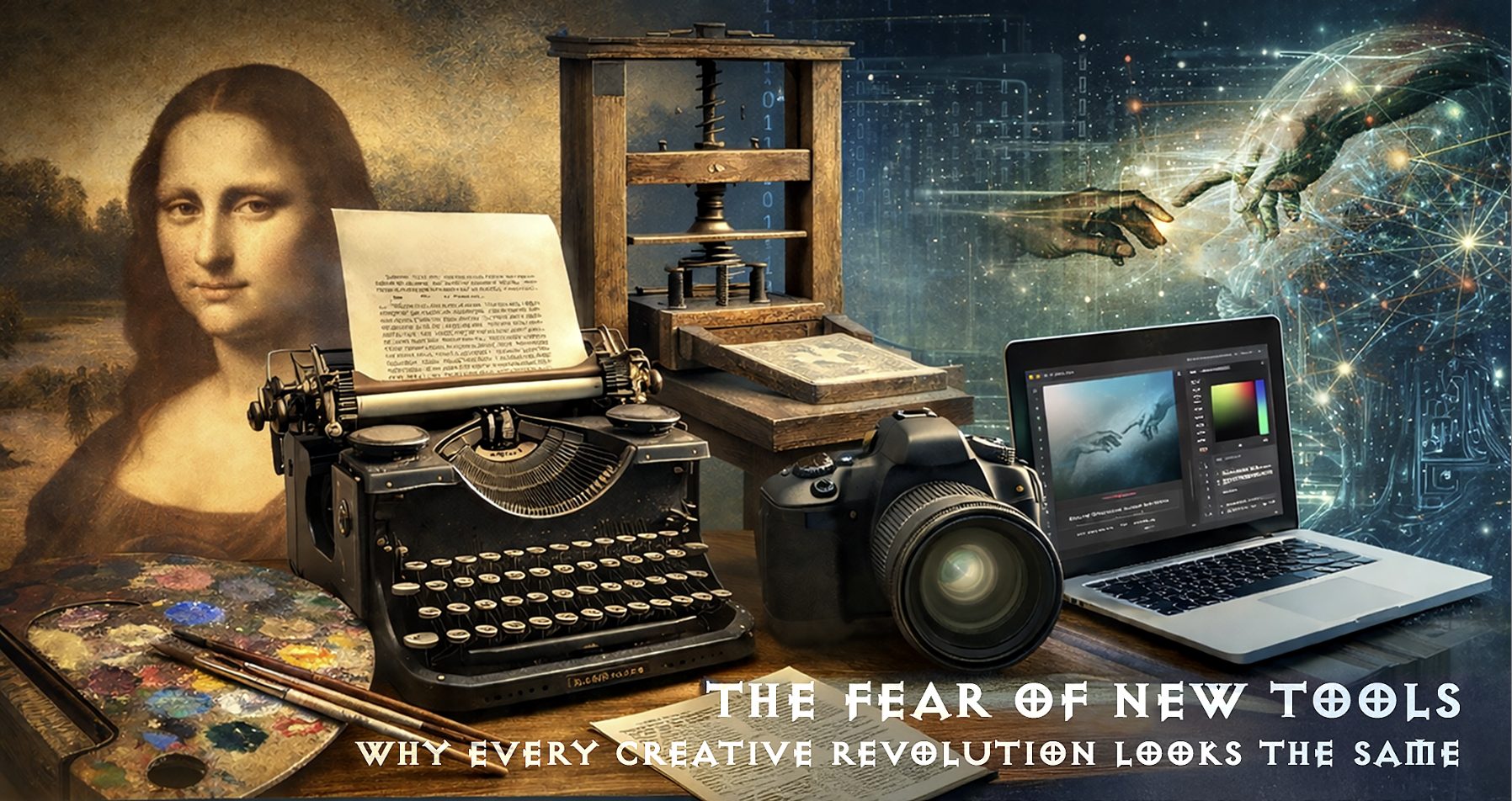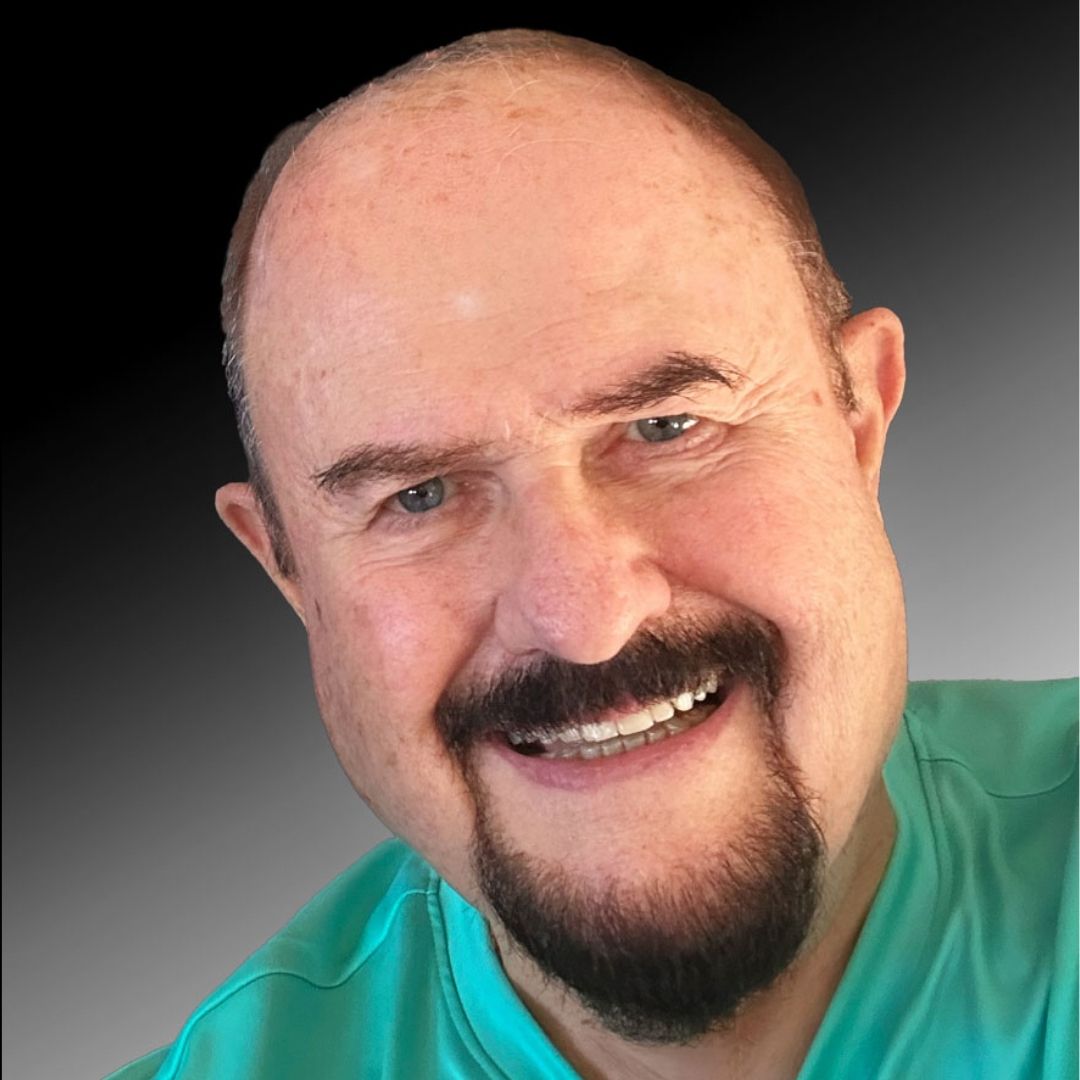One of my Understanding Series articles is titled Understanding Resolution. This has proven to be very popular among visitors to this site, as it attempts to address some of the misinformation and BS on this topic that’s found on the Net.
When I first wrote and published it in early 2001 I was not aware that Ron Harris had also written on this topic‚ but ten years prior. These two articles were first published in Darkroom and Creative Camera Techniques magazine, MAR/APR and MAY/JUN, 1991. The first article was republished in Mastering Black-And-White Photography, Vol. 2., and also by Kodak (ProPassport Technical Bulletin 1991, Issue #3).
I am pleased to be able to republish them on The Luminous Landscape, as they provide a much greater depth of insight on this oft confusing topic.
Please note that these are PDF files and that you will need to have Adobe Acrobat installed on your computer to be able to read them. Also, depending on the speed of your Internet connection they may take some time to download.
Your browser’s BACK button will return you to this page.
Michael
By: Ron Harris
Part 2: Using Modulation Transfer Function
Addendum
Just prior to this re-publication of his 1991 articles I received the following in an e-mail from Ron, reproduced here with his kind permission:
“I applied the same reasoning in my articles to the D30 and the D60, using the imager size and pixel resolution. This gives you 47.6 lines per mm on the imager for the D30 and 67.7 lpm for the D60.
A good 35mm lens can put 67 lpm on film for 20:1 contrast targets. If you enlarge to 4 lpm, the threshold of maximum resolution for the unaided eye, this gives you a maximum print size of 7 x 10.6 inches for the D30 and 10.0 x 15.1 for the D60. I am assuming that it takes two pixels to make a line. The maximum print sizes are smaller than those for 35mm film, because the film size is larger, requiring less magnification.
What really makes the D30 and D60 fly is the low noise compared with film grain. I normally make B&W prints approximately 5 x 7.5 inches using the D30 and they are very fine….a match for scanned Hasselblad negatives.”
Ron Harris
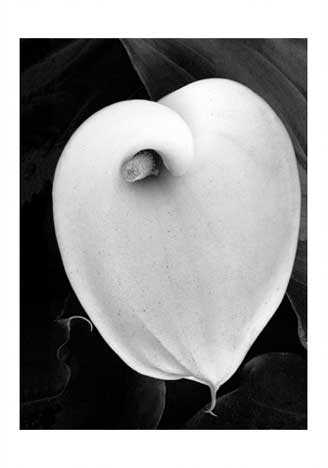
Ron Harris (Canon D30)
Read this story and all the best stories on The Luminous Landscape
The author has made this story available to Luminous Landscape members only. Upgrade to get instant access to this story and other benefits available only to members.
Why choose us?
Luminous-Landscape is a membership site. Our website contains over 5300 articles on almost every topic, camera, lens and printer you can imagine. Our membership model is simple, just $2 a month ($24.00 USD a year). This $24 gains you access to a wealth of information including all our past and future video tutorials on such topics as Lightroom, Capture One, Printing, file management and dozens of interviews and travel videos.
- New Articles every few days
- All original content found nowhere else on the web
- No Pop Up Google Sense ads – Our advertisers are photo related
- Download/stream video to any device
- NEW videos monthly
- Top well-known photographer contributors
- Posts from industry leaders
- Speciality Photography Workshops
- Mobile device scalable
- Exclusive video interviews
- Special vendor offers for members
- Hands On Product reviews
- FREE – User Forum. One of the most read user forums on the internet
- Access to our community Buy and Sell pages; for members only.







